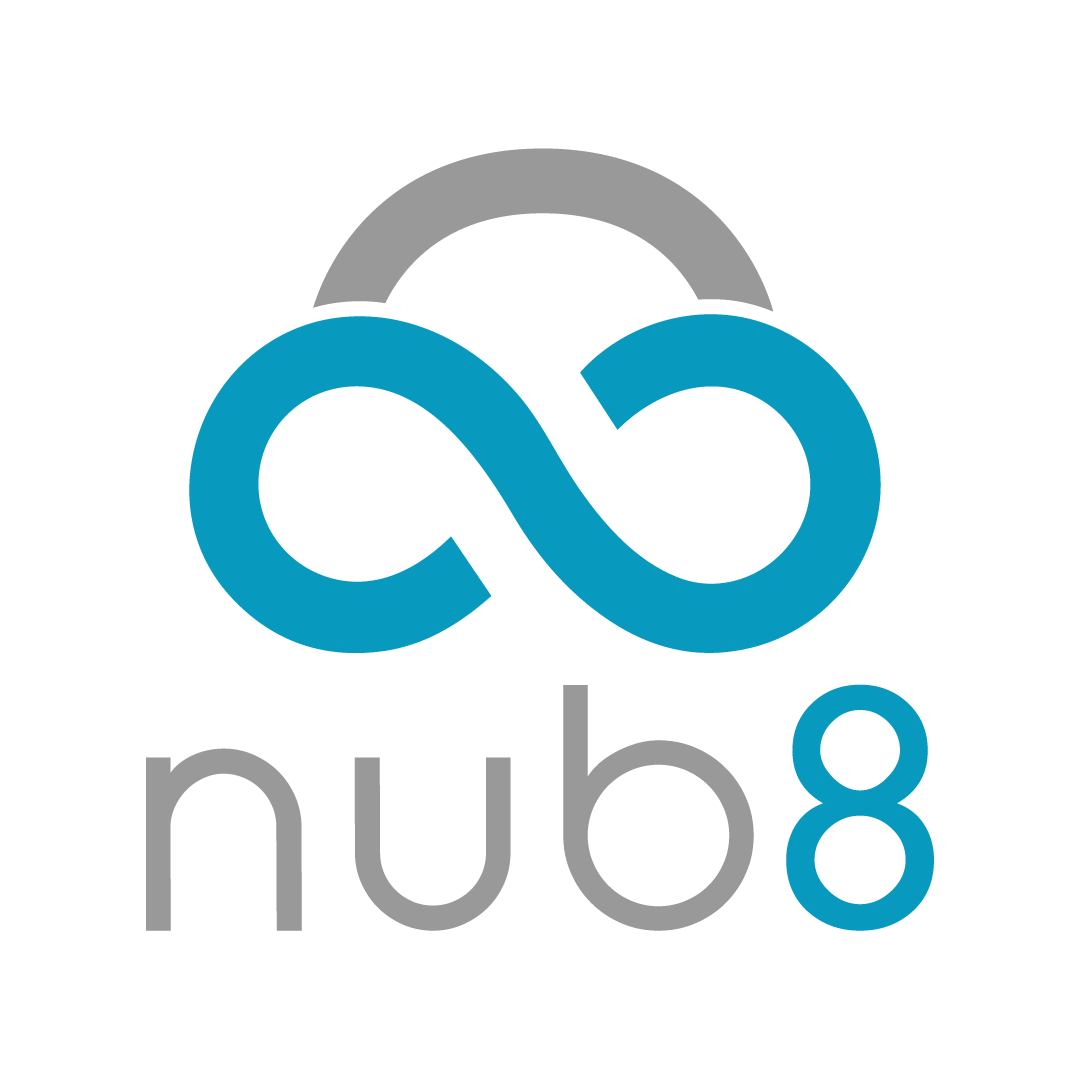Overview
Amazon Web Services (AWS) offers the option to reserve Elastic IP addresses in order to make it easier for businesses to manage EC2 instances and make changes to them as necessary. Elastic IP addresses are static, public IPv4 addresses that can be assigned to an instance rather than businesses having to use the auto-assigned public IP address provided by AWS. Amazon’s elastic IP address feature is similar to static IP address in traditional data centers, with one key difference that is a user can programmatically map an elastic IP address to any virtual machine instance without a network administrator’s help and without waiting for DNS to propagate the binding. There are lot of benefits of Amazon Elastic IP.
Benefits
When you reserve an Elastic IP, nobody else can use that IP address. Note, when an instance is launched into EC2, AWS will haphazardly allocate it both a public and private IP address. Amazon has a group of public IP addresses that’s been reserved for use within EC2. Thus, when you launch an instance in EC2, it might be haphazardly assigned a public IP address that somebody was just using to host their corporate site just a couple hours ago before they finished their instance. So, dependent on the situation you might unintentionally receive traffic from someone else or vice-versa. As a precautionary measure, AWS gives users the ability to spare a public IP address for your use only from their group of IP addresses.
In EC2, with Elastic IPs, you can now reserve an IP address and assign it to your instance which substitutes the need for normal dynamic IP addressing in the cloud. Elastic IPs are dynamically re-mappable IP addresses that mark it convenient to make global changes compared to static IPs on traditional hosting solutions because each EIP can be reassigned to a different instance when needed.
So, if you set up a site and update your DNS A Records to point to your Elastic IPs, you’ll never have to update those records over the lifecycle of your system because the same public IP address will be used for each iteration of that server regardless of how many times it’s terminated and launched.
1. Autonomously purchased
A client can purchase an EIP as an autonomous resource instead of buying it together with other computing resources.
2. Configurable network
A client can regulate the bandwidth of an EIP as needed. The bandwidth modification takes effect instantly.
3. Flexible binding to an instance
A client can bind an EIP to an instance as wanted to make the instance available to the Internet. You can release the EIP when Internet communication is not desirable for the instance.

Nub8 have been using and helping our customers to make them use of Amazon’s S3 (Simple Storage Service) and EC2 (Elastic Compute Cloud) services. We have an extensive experience in adapting existing Internet tools and practices into the new wave of extremely scalable cloud solutions that Amazon offers. Our AWS consultants help you to get a better understanding of AWS services and its applicability and limitations for your business. We undertake the best design approaches for developing robust and scalable application and infrastructure architecture.
